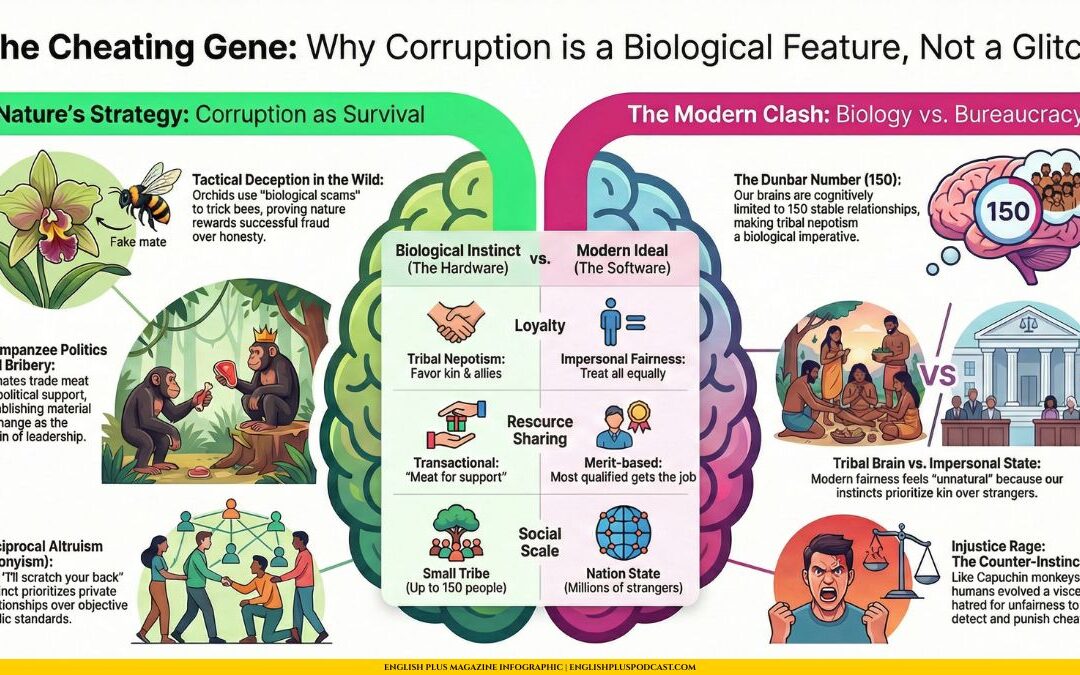The phrase “No pain, no gain” is one of the most widely recognized mantras in fitness and self-improvement. It conveys the idea that to achieve success or growth, one must endure hardship or discomfort. While this philosophy can be a powerful motivator, it’s important to understand its limits and recognize when it may be harmful. In this article, we’ll delve into the origins of this saying, examine its appropriateness in various situations, and provide examples of when to embrace and when to avoid this mantra.
The Origin and Meaning of “No Pain, No Gain”
The phrase “No pain, no gain” traces its roots back to the 1980s, popularized by the fitness industry. It suggests that enduring physical or mental discomfort is essential to achieve progress, whether it’s building muscle, advancing in a career, or overcoming personal challenges. The idea is simple: without pushing yourself beyond your comfort zone, you won’t grow or improve.
However, this concept is much older and has philosophical roots in stoicism, where enduring hardship was seen as a path to personal development.
When It’s Appropriate to Use “No Pain, No Gain”
1. Physical Fitness and Training
The phrase is often associated with exercise, where pushing your body to its limits can lead to increased strength, endurance, and overall fitness. In this context, “No pain, no gain” can be motivating, reminding you that progress often requires effort and discomfort.
Example: A runner training for a marathon might use “No pain, no gain” as a mantra during long, grueling runs. The discomfort they feel in their muscles is a sign of progress, indicating that they’re building stamina and endurance.
2. Personal Growth and Overcoming Challenges
In the realm of personal development, this phrase can be a reminder that growth often comes from stepping outside your comfort zone. Whether you’re learning a new skill, facing a fear, or overcoming a personal obstacle, some discomfort is often necessary for improvement.
Example: If you’re terrified of public speaking, taking on opportunities that push you to speak in front of others, despite the discomfort, can lead to significant personal growth and confidence over time.
3. Career Advancement
In professional settings, “No pain, no gain” can apply to taking on challenging projects, long hours, or learning new skills to advance your career. The effort and sometimes discomfort you experience in pushing your limits can lead to promotions, new opportunities, and professional success.
Example: A professional may take on a demanding project with tight deadlines. While it may involve late nights and high stress, completing it successfully could lead to a promotion or recognition within the company.
When “No Pain, No Gain” Is Not Appropriate
While “No pain, no gain” can be a helpful motivator, there are situations where it’s not only inappropriate but also potentially harmful.
1. Physical and Mental Health
One of the dangers of this mantra is the potential to ignore signs of serious physical or mental health issues. Not all pain leads to gain—sometimes, it leads to injury or burnout.
Example: An athlete who continues to train despite a persistent injury might worsen their condition, leading to long-term damage. In this case, the pain isn’t a sign of progress but a warning that something is wrong.
Similarly, in the workplace, pushing yourself to the point of burnout under the guise of “No pain, no gain” can lead to significant mental health issues, including anxiety, depression, and exhaustion.
2. Emotional and Psychological Well-being
Applying “No pain, no gain” to emotional challenges can be damaging. Emotional pain isn’t something that should always be endured in the hope of growth. Sometimes, seeking help and healing is more important than pushing through the pain.
Example: If someone is going through a period of intense grief or emotional distress, they shouldn’t be pressured to “tough it out” under the belief that pain will lead to personal growth. In these cases, seeking therapy, support, and self-care is far more important than enduring pain.
3. Relationships
In relationships, the “No pain, no gain” philosophy can be dangerous. Healthy relationships should not require constant pain and struggle. If a relationship is causing continuous emotional distress, it may be more appropriate to evaluate the situation rather than endure it in the hopes of eventual happiness.
Example: Someone in a toxic or abusive relationship may believe that enduring the pain will eventually lead to a better, stronger relationship. However, this is a situation where “No pain, no gain” does not apply, and the best course of action is often to seek help or leave the relationship.
Balancing the Mantra with Reality
The key to using “No pain, no gain” effectively is balance. It’s important to recognize when discomfort is a necessary part of growth and when it’s a sign that something is wrong. Listening to your body, mind, and emotions can help you determine when to push through and when to pull back.
The mantra “No pain, no gain” can be a powerful motivator in the right context, encouraging us to push beyond our limits and achieve growth. However, it’s equally important to recognize its limits and understand when this philosophy might do more harm than good. By balancing determination with self-awareness, you can apply this mantra wisely and avoid unnecessary suffering.
Remember, not all pain leads to gain, and sometimes, the most courageous thing you can do is to step back, listen to your body and mind, and choose a path that prioritizes your overall well-being.
Expand Your Vocabulary
In this section, we’ll explore ten important words and expressions from the article, helping you expand your vocabulary and understand how to use these terms in everyday English.
- Mantra
Meaning: A mantra is a word or phrase that is repeated often, usually to express a belief or idea. In the context of the article, “No pain, no gain” is described as a popular mantra, meaning it’s a phrase that people repeat to motivate themselves. Everyday Use: Mantras can be personal or cultural. For example, someone might have a personal mantra like “Stay positive,” which they repeat to themselves during difficult times. - Endure
Meaning: To endure means to suffer through something difficult or unpleasant without giving up. The article discusses how enduring discomfort can sometimes lead to growth or improvement. Everyday Use: You might endure a long, boring meeting because you know the information is important, or you endure a tough workout because you want to get stronger. - Motivator
Meaning: A motivator is something that encourages or drives a person to take action. In the article, “No pain, no gain” is described as a motivator for people striving to achieve their goals. Everyday Use: Rewards can be great motivators for children to finish their homework, or a personal goal might motivate you to work harder. - Comfort Zone
Meaning: Your comfort zone is a situation or environment where you feel safe and at ease, with no need to stretch your abilities or face challenges. The article suggests that growth often comes from stepping outside your comfort zone. Everyday Use: Trying new things, like speaking in public or traveling to a new place, can push you out of your comfort zone and help you grow. - Burnout
Meaning: Burnout refers to a state of physical or emotional exhaustion, often caused by prolonged stress or overwork. The article warns against pushing yourself too hard, which can lead to burnout. Everyday Use: People who work long hours without taking breaks often experience burnout, which can affect both their health and productivity. - Stamina
Meaning: Stamina is the ability to sustain prolonged physical or mental effort. The article mentions stamina in the context of a runner training for a marathon, where building stamina is essential. Everyday Use: Whether you’re studying for exams, working on a project, or training for a sport, building stamina can help you maintain focus and energy over time. - Self-Awareness
Meaning: Self-awareness is the conscious knowledge of one’s own character, feelings, and desires. In the article, self-awareness is emphasized as crucial for knowing when to push through discomfort and when to step back. Everyday Use: Developing self-awareness can help you make better decisions, whether it’s recognizing when you’re too tired to keep working or understanding why you react a certain way in stressful situations. - Toxic Relationship
Meaning: A toxic relationship is one that is harmful or destructive, often causing emotional pain and distress. The article discusses how “No pain, no gain” should not be applied to toxic relationships. Everyday Use: Recognizing a toxic relationship, whether with a friend, partner, or colleague, is the first step to addressing the issue or distancing yourself from the harmful situation. - Philosophy
Meaning: In this context, philosophy refers to a set of beliefs or ideas that guide how someone lives their life. The article touches on the philosophy behind the “No pain, no gain” mantra. Everyday Use: People often follow personal philosophies that guide their decisions, such as living with kindness or striving for excellence in all they do. - Grief
Meaning: Grief is a deep sorrow, especially caused by someone’s death or a significant loss. The article highlights that enduring emotional pain like grief doesn’t always lead to growth and that seeking support is important. Everyday Use: People experience grief in various forms, not only from death but also from the loss of a job, relationship, or significant change in life.
Let’s Talk
Now that you’ve explored the topic and expanded your vocabulary, let’s dive deeper into the conversation. Below are some thought-provoking questions inspired by the article. Feel free to discuss these with your friends, family, or in the comments section to share your thoughts and gain new perspectives.
- Personal Growth vs. Well-being: How do you balance the idea of pushing yourself to grow with the need to protect your physical and mental well-being? Can you think of a time when you had to make this decision?
- Mantras in Everyday Life: Do you have a personal mantra that you follow? How has it helped you in challenging situations, and do you think it’s always applicable?
- Comfort Zones: What was the last thing you did that pushed you out of your comfort zone? How did it impact you, and did it lead to growth?
- Burnout Awareness: Have you ever experienced burnout? What were the signs, and how did you recover from it? What strategies do you use now to prevent burnout?
- Relationships and Boundaries: In your opinion, what are the signs of a toxic relationship, and how do you decide when it’s time to step away rather than endure the pain in the hopes of improvement?
- Philosophy of Pain and Gain: Do you agree with the philosophy of “No pain, no gain”? Can you think of situations where this idea might be counterproductive or even harmful?
- Self-Awareness in Practice: How do you cultivate self-awareness in your daily life? Are there any tools or practices that help you stay in tune with your needs and limits?
- Grief and Healing: How do you approach emotional pain, like grief? Do you believe that enduring emotional pain always leads to personal growth, or are there times when seeking support and healing is more important?
- Motivation Techniques: What are some other motivators you use in your life that don’t involve pain or discomfort? How do they compare to the “No pain, no gain” mentality?
- Philosophy in Action: How do you apply personal philosophies in your daily decisions? Can you share an example where your guiding principles helped you navigate a difficult situation?
By reflecting on these questions, you’ll deepen your understanding of the “No pain, no gain” philosophy and how it applies to different aspects of life. Don’t hesitate to share your thoughts and experiences—your insights could inspire others and lead to meaningful discussions!










0 Comments